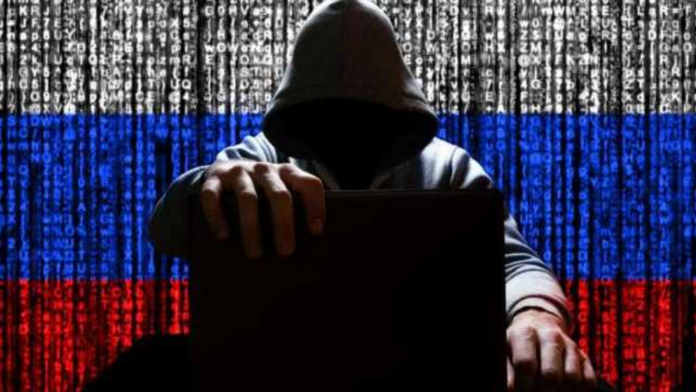In a narrative that echoes the complex dynamics of global cybersecurity, the United States has taken significant steps against a sophisticated cyber espionage operation, believed to be orchestrated by hackers linked to Russia’s Federal Security Service (FSB). This intricate plot, unfolding over several years, highlights the increasing tension in the digital realm of international politics.
Ruslan Aleksandrovich Peretyatko, identified as an FSB officer, and Andrey Stanislavovich Korinets, an IT professional, stand accused by the U.S. Department of Justice of engaging in a long-term cyber-espionage campaign. This campaign, active from October 2016 to October 2022, primarily targeted U.S. government agencies, including the Department of Defense and Department of Energy. The alleged operation reflects a deep-rooted strategy to infiltrate and extract sensitive information from key national institutions.
The indictment paints a picture of a well-orchestrated scheme by the group known as the “Callisto Group.” Their tactics involved spear-phishing emails, seemingly sent from legitimate email providers, to trick recipients into violating terms of service. These deceptive emails, embedded with malicious domains, were designed to harvest user credentials, granting the hackers unauthorized access to critical information. This information spanned various topics, including U.S. defense strategies, foreign affairs, and security policies.
Significantly, the Department of Justice highlighted that some of the intelligence gathered from these operations was leaked to the press in Russia and the United Kingdom, particularly in the lead-up to the U.K. elections in 2019. This move is seen as part of a broader disinformation campaign, leveraging hacked information to influence political landscapes and public opinion.
Parallel to the U.S. actions, the U.K. government acknowledged its own struggles with these cyber threats. The U.K.’s National Cyber Security Center, a division of GCHQ, has identified consistent, albeit unsuccessful, attempts by the FSB to disrupt UK political processes. Both Peretyatko and Korinets have been sanctioned by the U.K. for their roles in these cyber-attacks, which aimed to undermine U.K. organizations and the government at large.
Adding to these measures, the U.S. Treasury Department announced sanctions against both individuals. Furthermore, the U.S. State Department is offering a substantial reward of $10 million for information leading to the identification and location of Peretyatko and Korinets, reflecting the severity with which these accusations are being treated.
The Callisto Group, also known by aliases such as “Star Blizzard” and “Cold Driver” by Microsoft and Google’s Threat Analysis Group respectively, is infamous for its long-standing espionage campaigns against NATO countries, particularly targeting the U.S. and the U.K. A notable instance of their operation was revealed in May 2022, when Google researchers linked the group to a hack-and-leak operation against prominent Brexit supporters, including Sir Richard Dearlove, a former chief of the U.K. foreign intelligence service MI6.
This ongoing saga of cyber espionage underscores the increasingly digital nature of geopolitical conflicts. As nations grapple with these invisible yet potent threats, the importance of robust cybersecurity measures and international cooperation in combating digital espionage becomes ever more paramount. This episode serves as a stark reminder of the vulnerabilities inherent in our interconnected world and the continuous need for vigilance in the face of evolving cyber threats.











